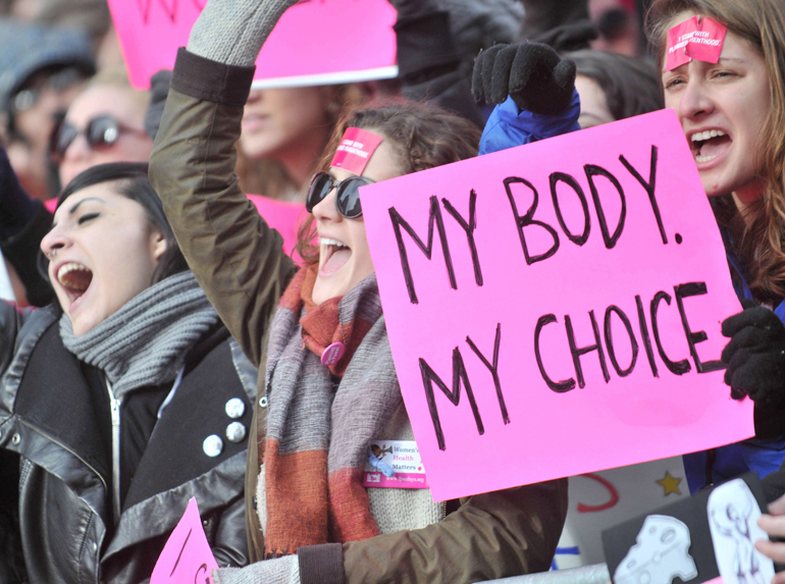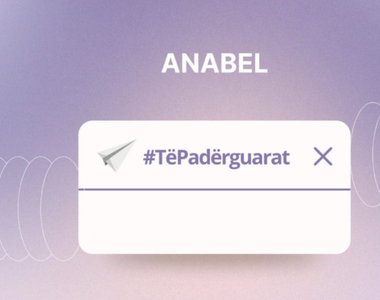
Warning: The script contains spoilers from the #Love #Likes #Tirana final series - the first season. If you have not seen it yet, do yourself a favor and do not continue reading the following.
As I watched the #Love #Likes #Tirana final series , three characters returned to my favorite: Ledia, Lina and a third, which I did not find. The Ledia-Lina duo, referring to a more or less similar story, turned into two sides of the coin on a sensitive and terribly controversial subject like abortion, which surprisingly did not contradict each other.
I started thinking about Albanian movies that have treated abortion in such a form, without censorship. In fact, Albanian cinematography is not my point, but as I looked at the topic in #LLT, I remembered "Taulanti seeks a sister". Although part of the cinematic for children, the film directed by Xhanfize Kekos was brave in the early 1980s to treat the figure of a woman seeking career focus. Despite the fact that Taulanta's mother (Yllka Mujo) is persuaded not to abort, the film is a feminist spirit.

That is exactly the spirit that did not miss either in the #LLT final series. Zoi, as he asks Lina not to prejudice, states that "abortion is a right that belongs to Leda." At a time when even in America - the most developed country in the world - women's rights are violated openly, such an approach is undoubtedly to be valued. Just remember the bill in Alabama that forbade abortion even in rape and incest cases, to understand how progressive we are at this point.
A similar spirit I have also noticed in the papers in Anabel Magazine on Facebook, where there are many people who, when it comes to abortion, do not prejudge - they understand.

But on the other hand, a choice is not like bread with cheese. For this line comes the Lena character - a woman whose life gave her many opportunities to become a mother, but she did not exploit it. The figure of Ledias, which in some way represents the freedom of the individual to choose, is not opposed by Lena's character at all. The latter, merely brings another approach that, as many viewers point out, represents a "time-out metaphor".

Both characters, embodied the epitome of the most famous feminist symbol of the seventies, "My body, my choice" treat a sensitive subject like abortion in all dimensions, always without prejudice.





